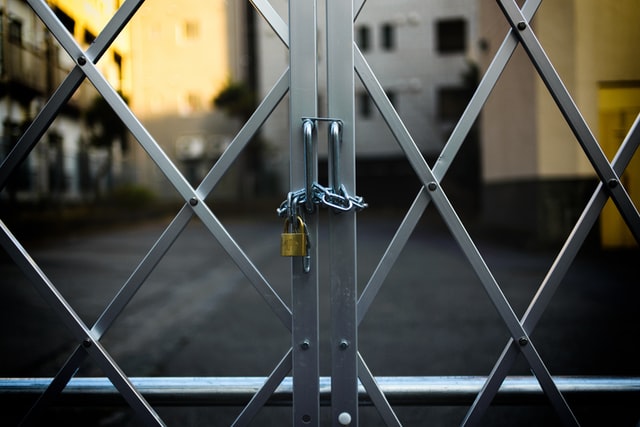Throughout the country, Black homeowners pay an average of 13% higher property taxes than White homeowners. This is because of assessed values, which are on average 10% higher in Black and Latinx neighborhoods relative to the sale price. Local governments use higher property tax rates to push for gentrification, which they know new white owners can pay but the minority families already living there cannot. White buyers are also more easily able to appeal their property tax assessment.
The problem is worse in California, where Prop 13 is limiting property tax rates on unsold homes by basing property tax assessments on the value at time of sale. The proposition is designed to protect older residents who are on a fixed income and could otherwise lose their homes. But there are some negative consequences for low-income buyers. As soon as the home is sold, the new buyer is potentially facing significantly higher property taxes than the previous owner was, which prices out some people who are otherwise able to afford the purchase itself. And in the meantime, local government has less revenue from property taxes, so they have to make up the difference elsewhere. This often comes in the form of sales tax, which, because the rate is identical regardless of the buyer’s income, is proportionally a larger burden for Black and Latinx indivduals who tend to be lower-income earners.
Taxes aren’t the only issue Black and Latinx people face, though. When the economy crashed in 2007-2009, minorities were disproportionately affected because of discriminatory lending practices. Lenders would statistically charge higher fees to minorities with equal qualification as whites, or steer minorities towards subprime loans regardless of credit history. This meant they were less likely to be able to pay their mortgages after the crash. With all these barriers to homeownership, Black and Latinx individuals lose out on one of the largest sources of wealth, owning a home.
Photo by Masaaki Komori on Unsplash
